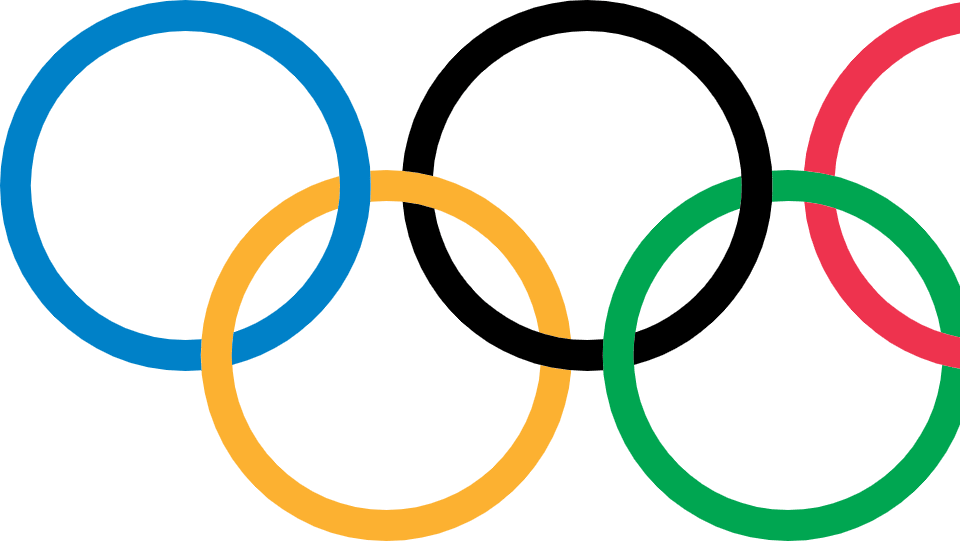Vancouver 2010 legacy lives on

More than two years after it hosted the 2010 Olympic Winter Games, Vancouver is still benefitting from being an Olympic city thanks to the legacy plans that were put in place by the Vancouver 2010 Organising Committee (VANOC), local stakeholders, and with the support of the IOC.
From new sporting venues and infrastructure improvements to environmental and economic benefits, the city used the Winter Games as a catalyst to create a number of lasting legacies.
Perhaps the most evident is the sporting legacy that the Games provided. As well as the construction of new facilities – such as the Richmond Olympic Oval – Vancouver 2010 also helped get more young people involved in sport, thanks, in part, to the successful performance of the Canadian Olympic team.
“After the Games, kids were on their way to skating rinks the next day and signing up for curling and skiing and ski jumping, and this is what the Olympics can do,” said John Furlong, VANOC CEO, in an interview in February 2011. “Ultimately you hope that, as a result of the Games, every child will get a chance to experience sports.”
Numerous recreational and high performance sports programmes
Thanks to the Games, numerous recreational and high performance sports programmes were created for young people through the not-for-profit organisation 2010 Legacies Now, which has worked with more than 2,000 organisations in the host region to ensure this legacy lives on. An Aboriginal Youth Sports Legacy Fund was also created, supporting high school students, elite athletes and community groups.
Benefits for the local community
Other venues have also been adapted to further benefit the local community following the Games. These include the Vancouver Olympic Centre – used for curling during the Games – which is part of a complex that includes a community centre, an ice rink, a curling club, a pre-school, and indoor and outdoor swimming pools.
The Games have also delivered benefits to Vancouver from an economic viewpoint. According to the Conference Board of Canada, approximately CAD 600 million was injected into the Vancouver economy as a result of the Games, lifting economic growth by 0.8 per cent.
2,500 full-time jobs as a result
A coalition of Metro Vancouver municipal governments also announced in February 2011 that the Vancouver Games had so far helped to spur more than CAD 300 million in economic development benefits, which had resulted in 2,500 full-time jobs.
The Canadian Tourism Commission (CTC)’s media and public relations activities around the Games also generated about CAD 1 billion in ‘Advertising Value Equivalency’ in 2010, while global audiences were reached 12 billion times in 2010 by Olympic coverage with Canadian tourism messages.
A better transport infrastructure
Vancouver’s transport infrastructure has also been improved as a result of the Games. TransLink, Vancouver’s transit agency, launched an ambitious expansion plan before the Games that included 48 new SkyTrain cars, a new SeaBus and 180 diesel-electric hybrid buses. The new Canada Line, built in time for the Games, now speeds travellers between Vancouver’s airport and downtown areas, while improvements to the Sea-to-Sky highway have made travel from Vancouver to Whistler safer and faster.
While hosting the Games can act as a catalyst for cities to deliver lasting benefits such as these, host cities must have a strong vision and clear objectives in place in order to take full advantage of the opportunities that the Games can provide.
With that in mind, the IOC works closely with Games organisers to look at what they believe planning for and hosting the Games can do for their citizens, cities, and countries.
A long-term strategy and vision from the beginning of the bid process
As every host city is different and has different priorities, the IOC encourages each one to define its own objectives, long-term strategy and vision from the beginning of the bid process and to look at how the Games can be a catalyst for development. It does so by asking the cities in both the applicant city and candidate city questionnaires to formulate what they want the Games to create as a legacy – this subsequently provides the Games organisers with clear objectives to aim for during the seven years of Olympic preparation and beyond.
The legacy benefits enjoyed by Vancouver – from investments in tangible infrastructure and venues to the intangible benefits of great memories and inspiring stories – were highlighted by a VANOC report, released in 2010.
"A lasting and positive impact"
"Our sense is that people who experienced the Vancouver 2010 Olympic and Paralympic Winter Games instinctively know they will have a lasting and positive impact," said Furlong. "This report, however, documents the many hard and soft legacies of the Games, and it's quite stunning to see them all gathered in one place. It's a great testament to all of the work put into the Games and a source of pride for the many people and organisations who contributed to their success. We hope it will also serve the Sochi 2014 Winter Games organisers – and all future Games organisers – as a valuable reference that demonstrates the many kinds of legacies that can come from staging the Games."